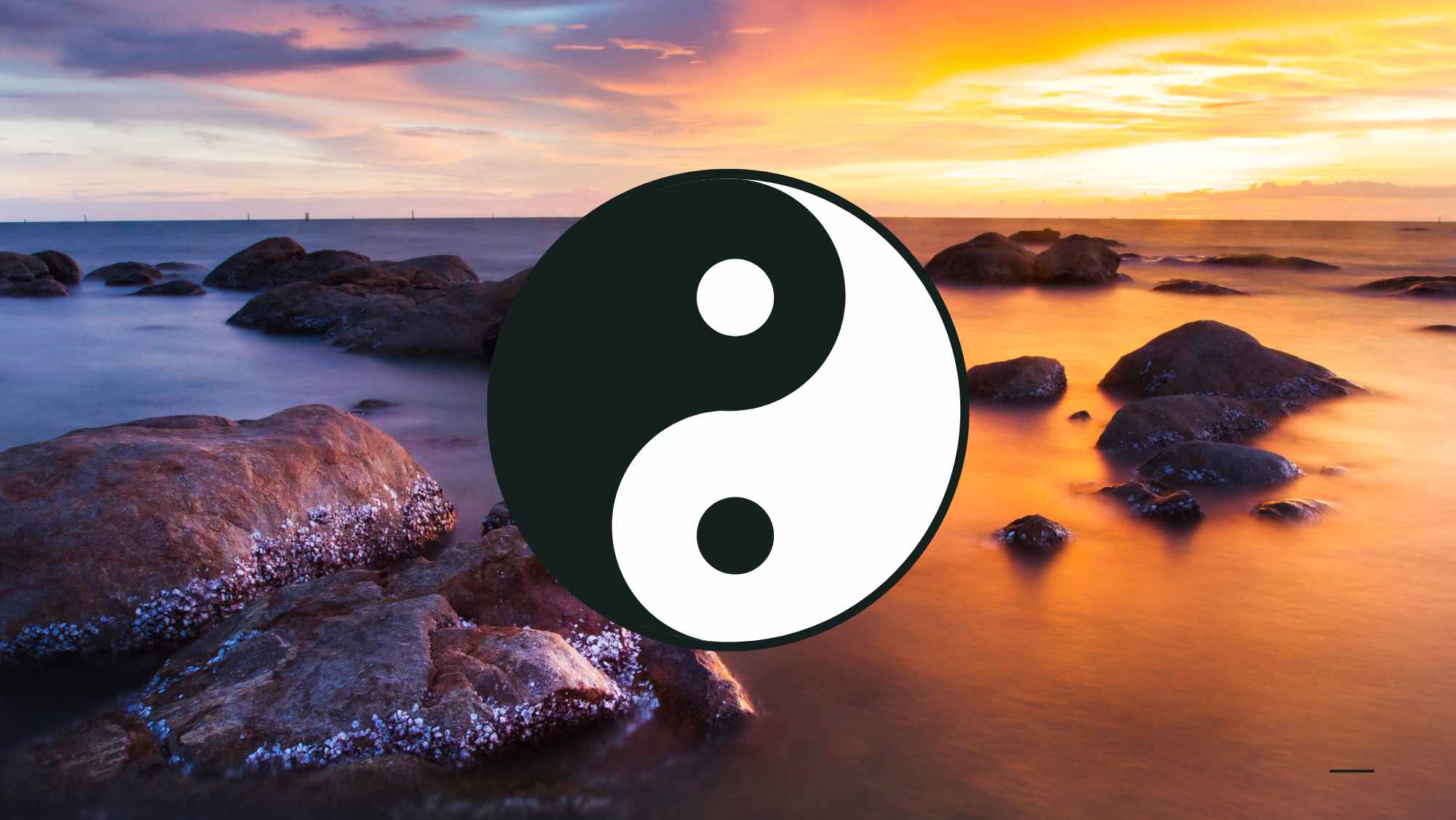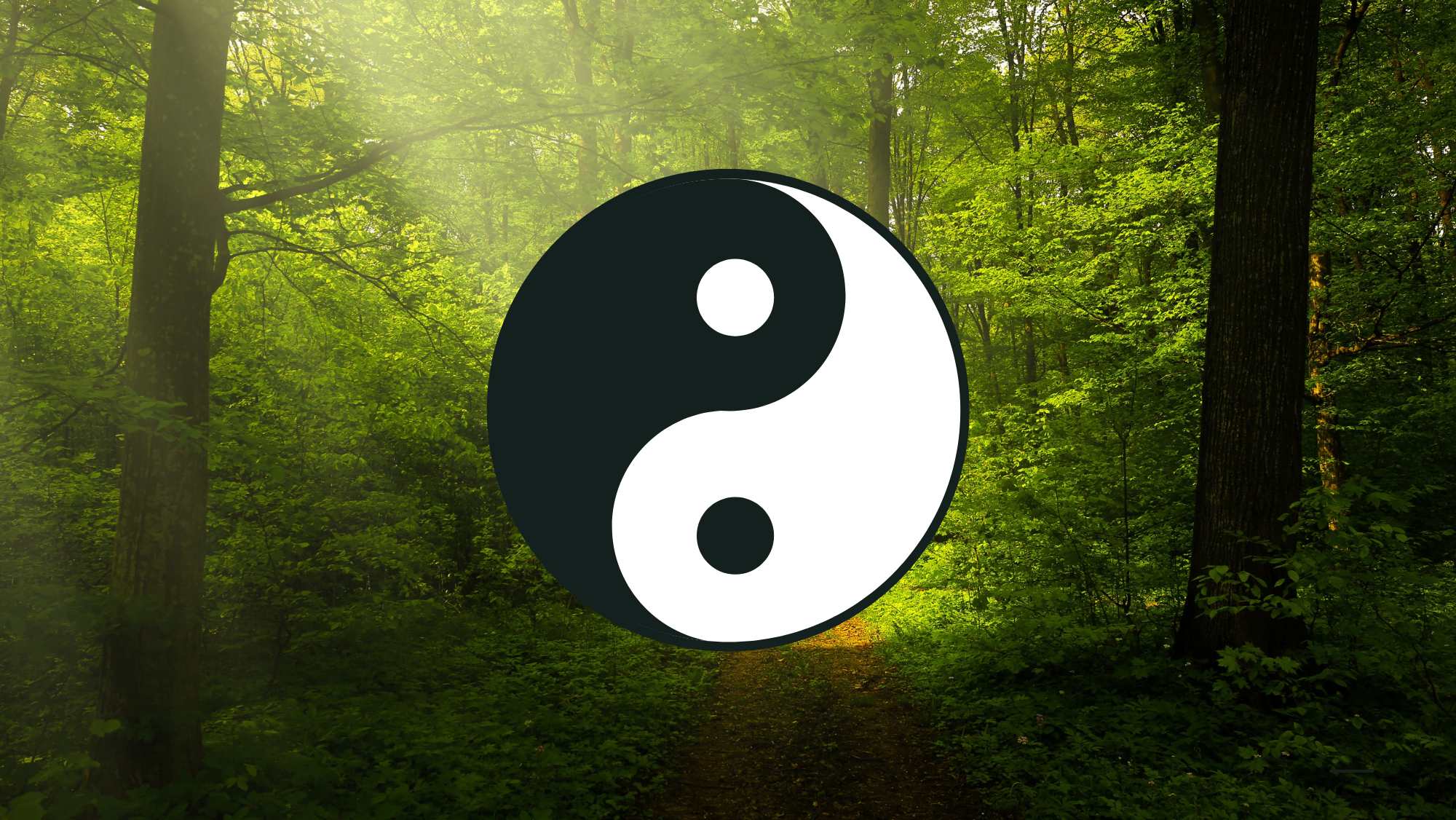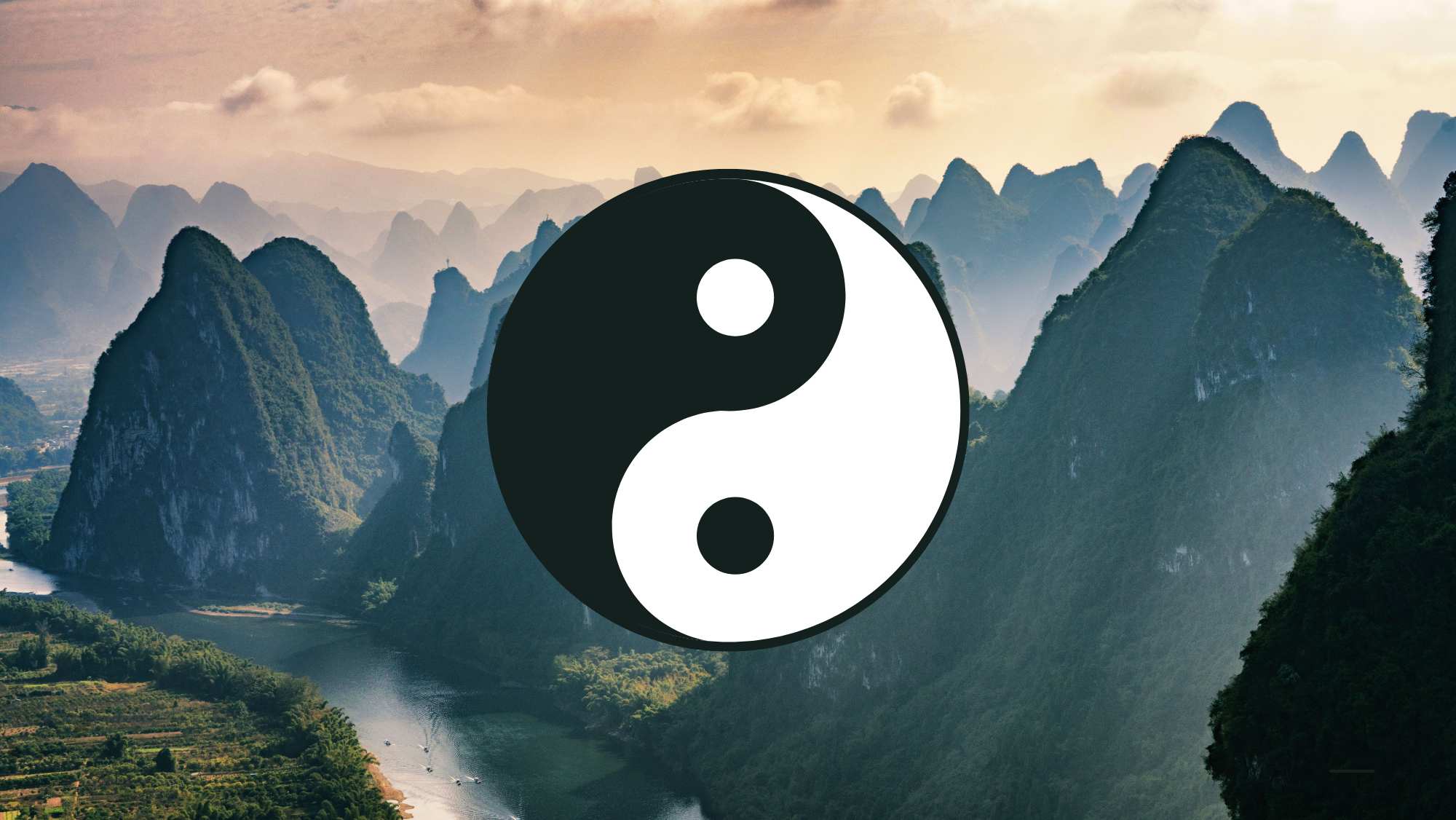The concept of Qi is the foundation of Taoist practice and Eastern medical philosophy. Searching the internet for the definition of “qi” can produce a number of meanings including an ethereal substance, breath, vital substance, energy, etc. However, these definitions have little meaning without an understanding of Eastern philosophy and medicine. Qi cannot be measured by current scientific methods, and for this reason, it may be difficult for some people to either interpret or visualize.
Table of contents
What is Qi?
One literal translation of the Chinese character “qi” is air or breath. However, Qi is more than just a person’s air or breath – it is their vitality. Therefore, a good working definition in terms of Eastern medicine is “life force.” This concept of life force has roots in other cultures such as prana in Hindu philosophy, mana in Polynesian mythology, and pneuma in Greek mythology.
In Eastern medicine, Qi is one of the vital substances of the human body. Our bodies are dependent on Qi to walk, move our arms, digest food, breathe, pump blood, chew, urinate, etc. Therefore, an obstruction or blockage to the normal flow of Qi can create pain or illness. Qi is considered to be one of the fabrics that make up all of life even though it cannot not be seen or scientifically measured.
Issues Affecting Qi
There are several pathologies that involve Qi. It can become stagnant, deficient, rebellious, or sinking. One of the most common pathologies seen in America is Qi stagnation.
Qi Stagnation
Stagnation is defined as life force that is not circulating throughout the body because it has become stuck. Characteristics of Qi stagnation include pain, irritability, mood swings, sighing, depression, feelings of distention, among others. The etiology of Qi stagnation is most often unexpressed emotions. However, there may be other causes such as physical trauma.
Qi Deficiency
Qi deficiency is also quite common in America. It is a condition in which the body does not have enough life force to continue healthy body functions at a person’s current level of activity. Tiredness, loose stools, weak voice, breathlessness, reduced appetite, and several other symptoms are characteristic of Qi deficiency. It can be caused by poor diet, age, illness, over-taxation of the body, and genetic disposition.
Rebellious Qi
Rebellious Qi is defined as life force that is moving in the opposite direction than it should.
It can affect any of the twelve meridians or organ systems. Therefore, symptoms may include vomiting, diarrhea, constipation, burning urination, coughing, asthma, insomnia, irritability, mental restlessness, and many others. Rebellious Qi is disruptive to the system and is considered to be a more severe form of Qi stagnation. To provide an analogy, if a water drainage pipe becomes clogged and it is not resolved, eventually, the pipe will back up into the sink, tub, or toilet. This backup would be considered rebellious Qi because fluids are moving in the opposite direction than normal.
Sinking Qi
Sinking Qi is a more severe form of Qi deficiency. If Qi becomes severely depleted, the life force will be unable to hold other vital substances or organs in their proper place. Symptoms of sinking Qi include fatigue, depression, lethargy, bearing down sensation, as well as prolapsed organs. Sinking Qi has the same causes as Qi deficiency, but the causes (poor diet, illness, age, weak constitution) have continued for a much longer period of time without correction.
Find Your Qi Balance
As noted above, stagnation, deficiency, rebellious, or sinking qi can cause issues throughout the body. It can have a great impact on physical, mental, and emotional health. Acupuncture and other forms of Chinese medicine, such as Chinese herbs, cupping, moxa, and abdominal massage. Scheduling a consultation is a great way to talk through any issues you are experiencing. From there, your practitioner can create a custom treatment plan. Schedule an appointment today or give us a call at (202) 297-7404.







